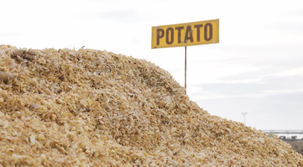 MESA, Wash. -- Coulee Flats Dairy, in Mesa, Wash., uses leftover human food to feed their dairy cows. “Cattle are the ultimate upcyclers for the byproducts out of the northwest,” said Luke Dynes. Dynes owns Wyatt Enterprises which takes food waste that would otherwise be thrown out and delivers it to farms. “The beef and dairy market alone here, is moving about 5,000 tons a day out of landfills to create milk and meat in the state of Washington,” Dynes said. Coulee Flats owner Case VanderMeulen says they will feed their cows about 100 pounds of feed a day. “Which is over 700,000 pounds of feed a day, which is approximately 11-12 truckloads a day for just the milk cows,” he added. When Coulee Flats Dairy receives food waste from Wyatt Enterprises, they will have a nutritionist come up with the proper rations for the cows. All of the different ingredients are carefully mixed. “Our goal is to feed the cows the same ration day in, day out,” VanderMeulen said. “Cows are a creature of habit so they like it the same way every single day,” he said. “If cows are well taken care then they will do their job well.” The farm’s nutritionist, Judd Higgins, says it takes a team to make sure the cows are healthy. “We work as a team here on the dairy, between the producer, the farmers that grow the food for the cattle and the veterinarian to try to promote longevity and health,” Higgins said. “There are some ingredients that we add, whether it be yeast or probiotics that improve gut motility and rumen health. The total amount of ingredients in a ration from waste would be depending on your farm -- anywhere between 35-65%. And again, those byproducts -- some call them waste ingredients -- we would have to expend money and land resources in order to dispose of these. Where we collect these, bring these onto the farm, and put them into our diets, therefore we completely utilize those ingredients.” Coulee Flats will work in conjunction with their vet, Scott Kieser, to ensure their cows are healthy. “One of the most important components to animal welfare is providing a healthy ration,” Kieser said. “And the amazing thing about a cow is she is the ultimate recycler. Things that are byproducts from creating food for humans we can use those products in a dairy and the cow can benefit from those products and create milk and protein from those products while not having those products end up in the landfill.” Some of the products brought to Coulee Flats are from a dehydrated potato facility. “This facility makes your instant mashed potatoes, that type of stuff. The dairies need consistent feed year round, because cows do better on consistency,” Dynes said. “We are diverting that volume from going directly to a landfill to going back to feed and we’ve made it consistent -- so they are feeding it year round, and that’s a big benefit for everybody.” Story coverage made possible thanks to support from
0 Comments
|
AuthorWrite something about yourself. No need to be fancy, just an overview. Archives
November 2023
Categories
All
|
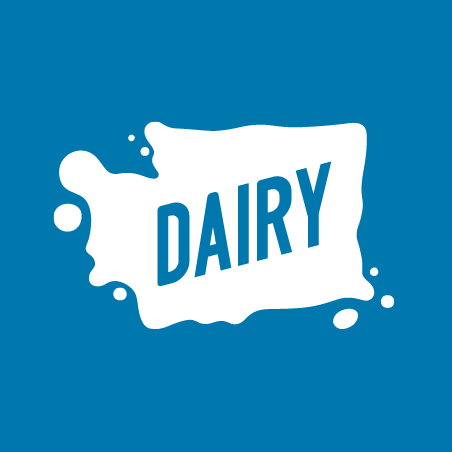
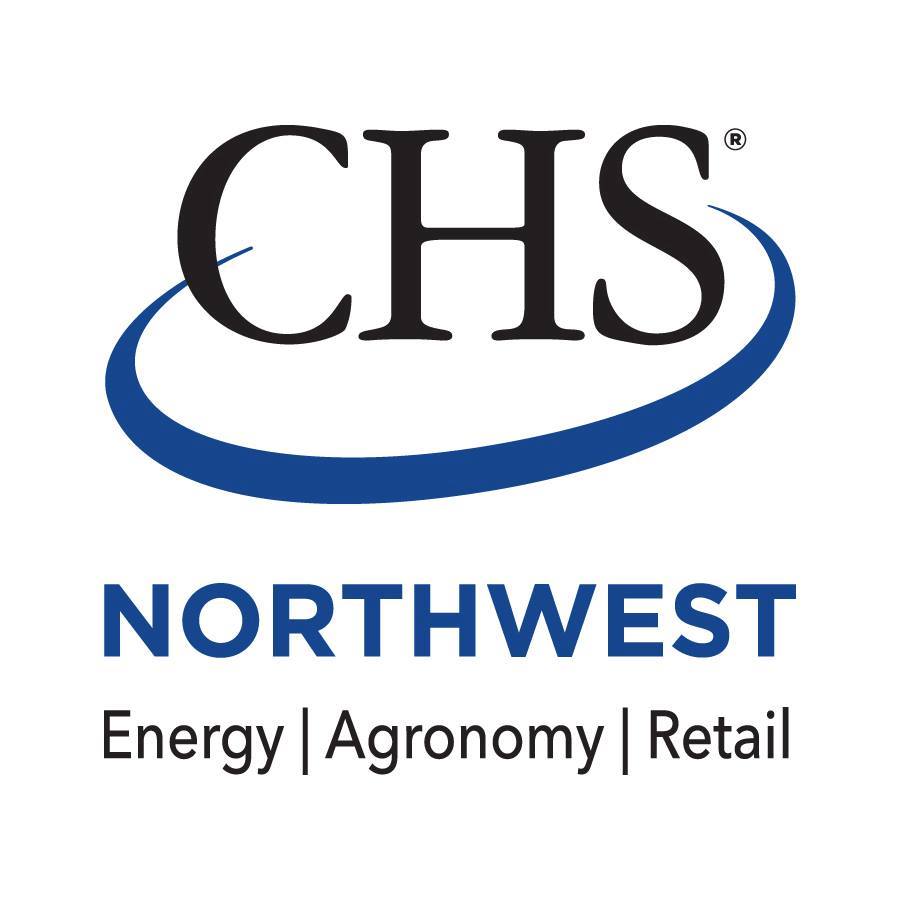
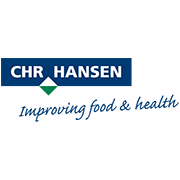
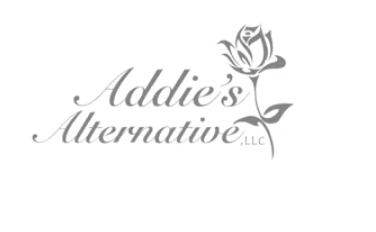
 RSS Feed
RSS Feed